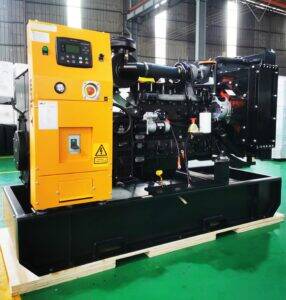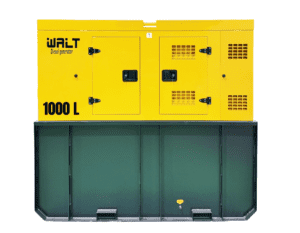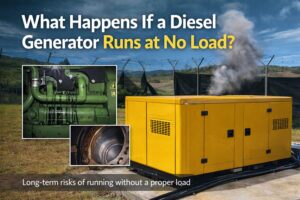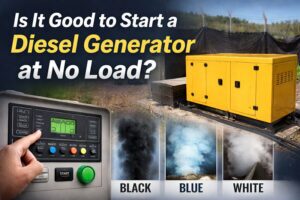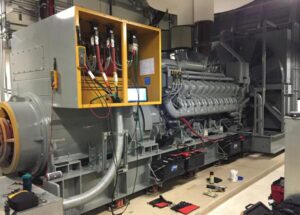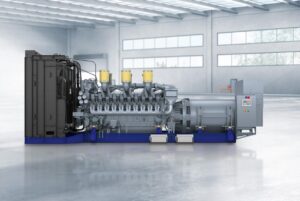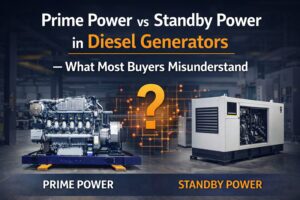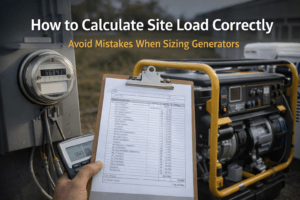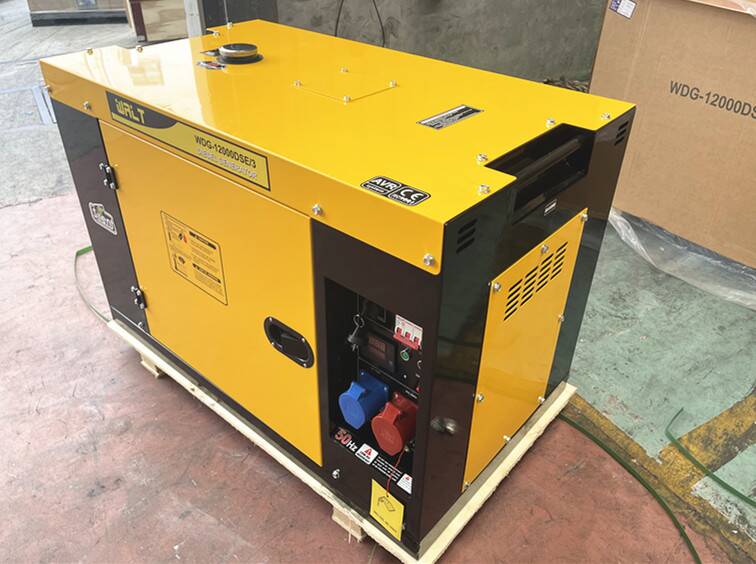
Power outages can be frustrating, leaving your home without essential electricity. If you're considering a 10 kVA generator, you might wonder if it’s enough to keep your house running.
Yes, a 10 kVA generator can power a house, but it depends on your energy needs. It can run essential appliances like lights, fans, a refrigerator, and even a small air conditioner, but it may struggle with heavy loads.
Before choosing a generator, you need to calculate your power consumption. Some homes with moderate energy use will find a 10 kVA unit sufficient, while others with high-demand appliances may need a larger generator.
What appliances can a 10 kVA generator run?
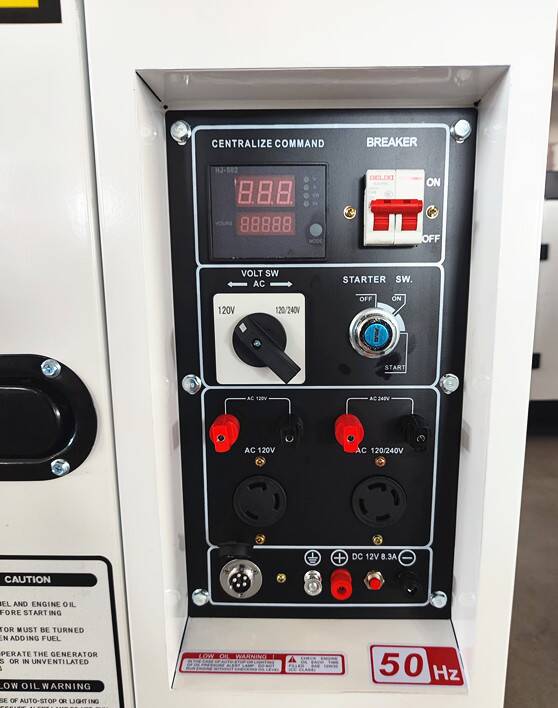
During a power outage, you need to prioritize essential appliances. But does 10 kVA cover everything?
A 10 kVA generator can run essential household appliances, including lighting, fans, televisions, refrigerators, and small air conditioners. However, running multiple heavy-load appliances at once may exceed its capacity.
Power Consumption of Common Household Appliances
| Appliance | Power Consumption (Watts) | Can It Run on a 10 kVA Generator? |
|---|---|---|
| LED Lights (10) | 100 W | Yes |
| Refrigerator | 400 W | Yes |
| TV | 150 W | Yes |
| Microwave | 1200 W | Yes |
| Air Conditioner (1.5 HP) | 2500 W | Limited |
| Water Heater | 4000 W | No |
| Electric Stove | 7000 W | No |
A 10 kVA generator provides about 8,000 watts of usable power. Running a refrigerator, lights, and a television at the same time is fine. But adding an air conditioner, microwave, or water heater may overload the generator.
Can a 10 kVA generator run an entire house?

Many homeowners expect a generator to power everything at once. But is 10 kVA enough for an entire house?
A 10 kVA generator can power a small to medium-sized home if heavy appliances like electric stoves, water heaters, and central air conditioning are not used at the same time. Load management is key.
Factors That Affect Whole-House Power Supply
- Total Power Requirement – Calculate the combined wattage of all running appliances. If it exceeds 8,000 watts, a 10 kVA generator won’t be sufficient.
- Load Prioritization – Run only essential appliances. Avoid turning on high-power equipment together.
- Generator Efficiency – Some generators operate at lower efficiency depending on the fuel type and age.
- Voltage Drop – Long extension cords or improper wiring can reduce the effective power supply.
For homes with multiple high-wattage appliances, a larger generator (15-20 kVA) might be a better choice. But for basic household needs, 10 kVA can be enough with proper power management.
How to maximize the efficiency of a 10 kVA generator?
If a 10 kVA generator is your only option, how can you make the most of it?
To maximize efficiency, avoid overloading, use energy-efficient appliances, and distribute power usage throughout the day. Proper maintenance also ensures optimal performance.
Best Practices for Efficient Generator Use
1. Load Management
- Run heavy-load appliances one at a time.
- Prioritize essentials over luxury appliances.
- Use power strips to manage multiple connections.
2. Use Energy-Efficient Appliances
- LED lights consume less power than traditional bulbs.
- Inverter air conditioners are more efficient than standard models.
- A gas stove consumes no electricity, unlike an electric stove.
3. Regular Maintenance
- Change the oil as per the manufacturer’s recommendation.
- Keep air filters clean for better fuel efficiency.
- Test the generator monthly to ensure it’s in working condition.
By following these steps, a 10 kVA generator can provide a stable power supply without unnecessary strain.
Should you upgrade to a larger generator?
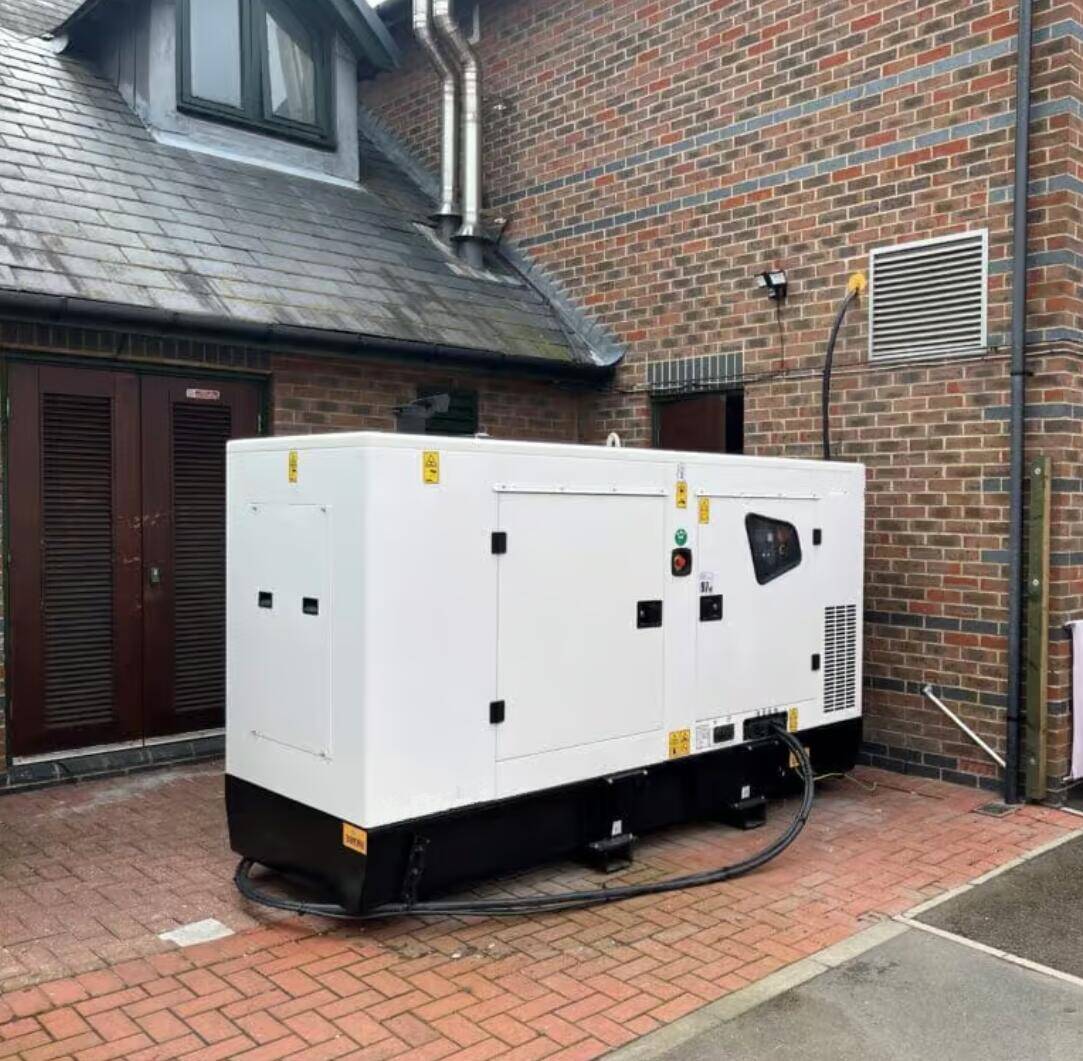
If you're unsure whether 10 kVA is enough, should you go for a bigger unit?
If your home has high-power appliances like central air conditioning, electric stoves, or water heaters, upgrading to a 15-20 kVA generator is a better option. Otherwise, a 10 kVA generator can work with proper load management.
When to Consider a Bigger Generator
- Frequent Overloading – If your generator trips often, you may need more capacity.
- Future Expansion – Adding new appliances or rooms requires more power.
- Business Use – If the generator also powers a home office or workshop, extra capacity is needed.
If your energy demand is moderate, 10 kVA can work. But if you expect higher loads, a larger generator will provide better reliability.
Conclusion
A 10 kVA generator can run a house if you manage power usage properly. It can handle essential appliances but struggles with high-power loads. If your home requires more power, consider upgrading to a larger generator.
Buying And Technical Contact
You can contact us in many ways:
You can go to our website (URL: https://waltpower.com/contact/) and drop us a message.
You can email us:
Our Contact is: +8618717996108 (WhatsApp)

